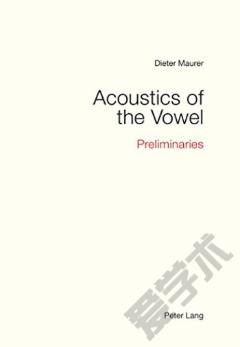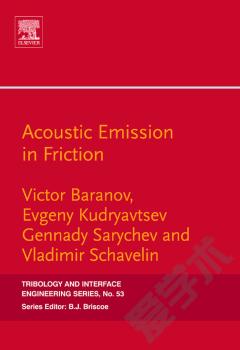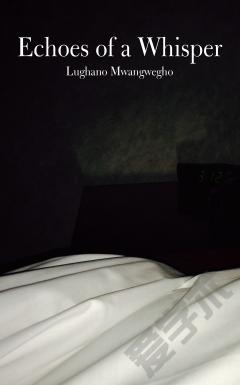Acoustics Of The Vowel —— Preliminaries
----- 元音声学:预赛
It seems as if the fundamentals of how we produce vowels and how they are acoustically represented have been clarified: we phonate and articulate. Using our vocal chords, we produce a vocal sound or noise which is then shaped into a specific vowel sound by the resonances of the pharyngeal, oral, and nasal cavities, that is, the vocal tract. Accordingly, the acoustic description of vowels relates to vowelspecific patterns of relative energy maxima in the sound spectra, known as patterns of formants. The intellectual and empirical reasoning presented in this treatise, however, gives rise to scepticism with respect to this understanding of the sound of the vowel. The reflections and materials presented provide reason to argue that, up to now, a comprehensible theory of the acoustics of the voice and of voiced speech sounds is lacking, and consequently, no satisfying understanding of vowels as an achievement and particular formal accomplishment of the voice exists.
{{comment.content}}








 京公网安备 11010802027623号
京公网安备 11010802027623号